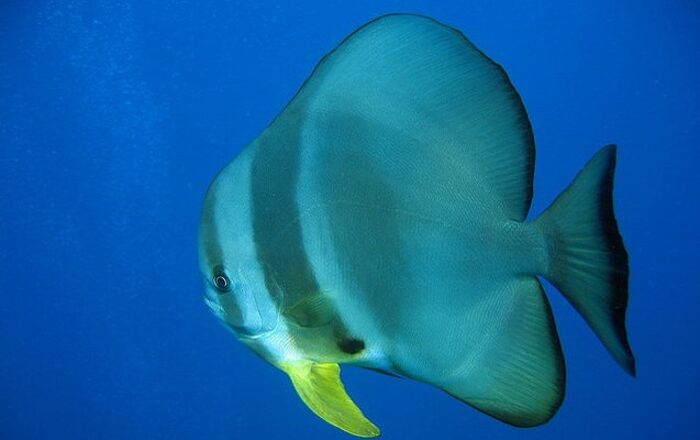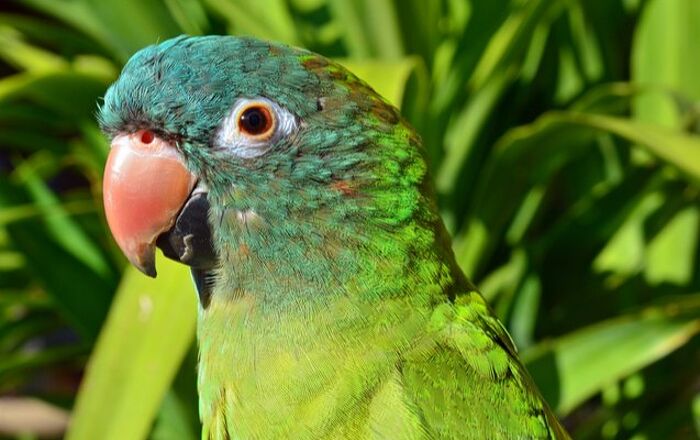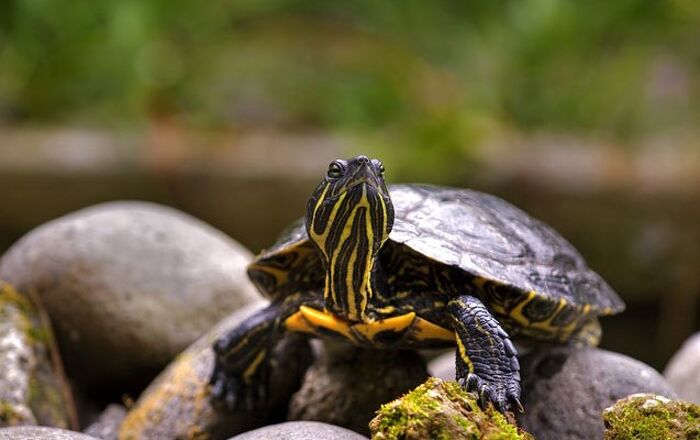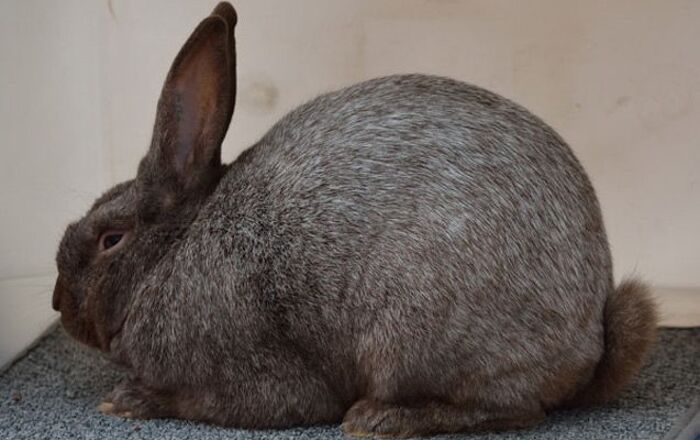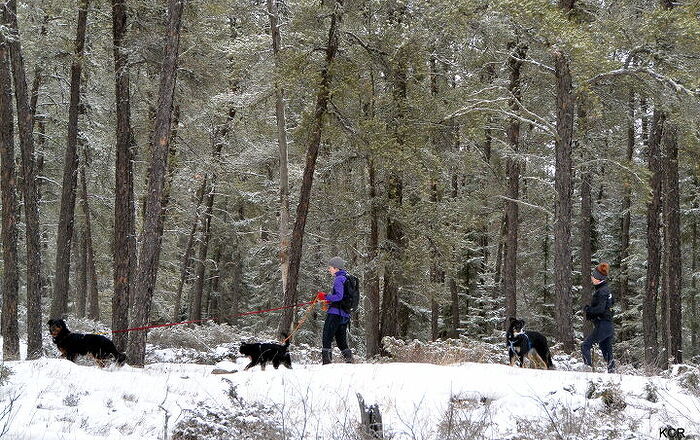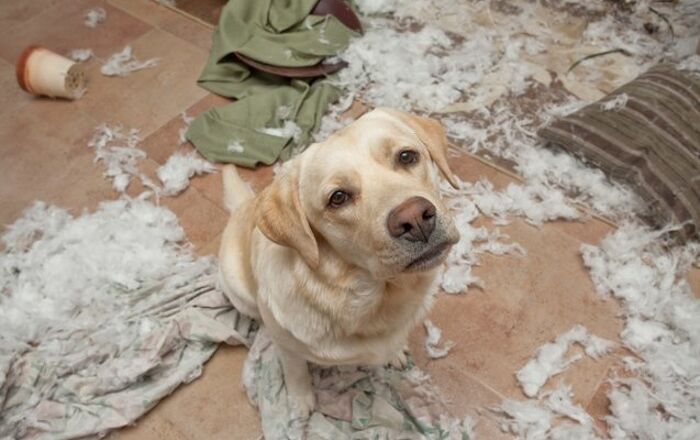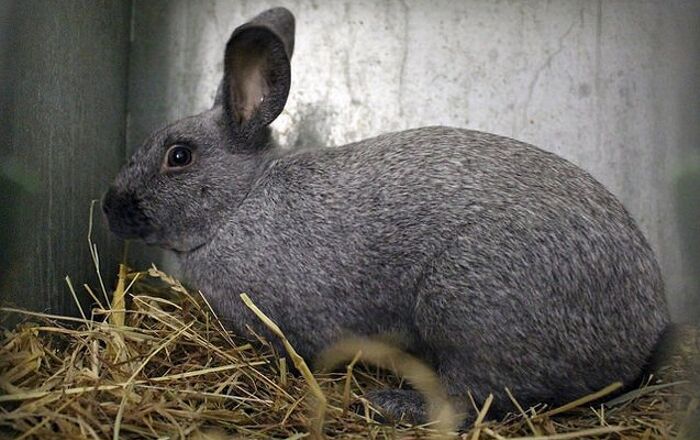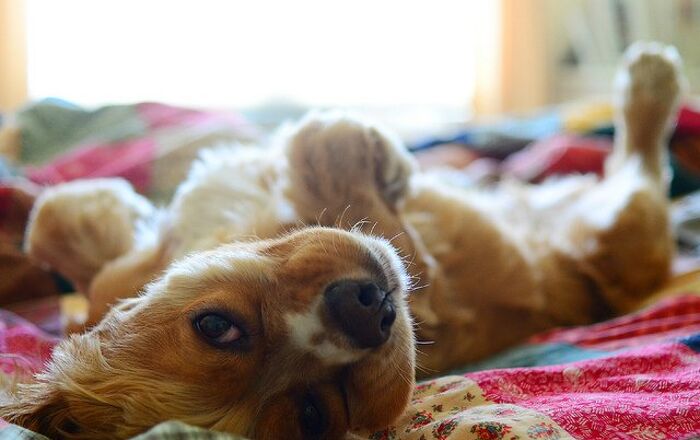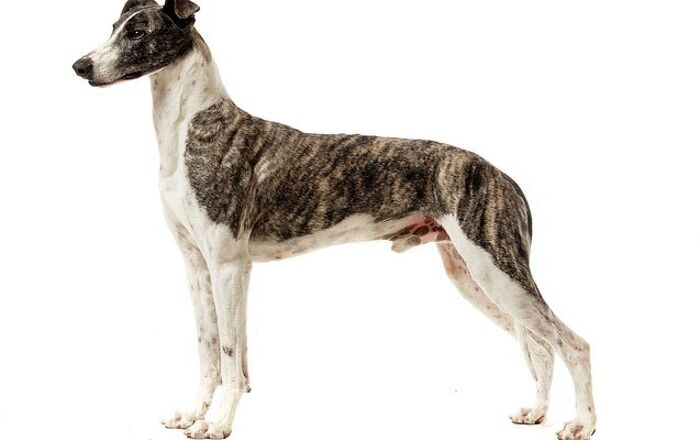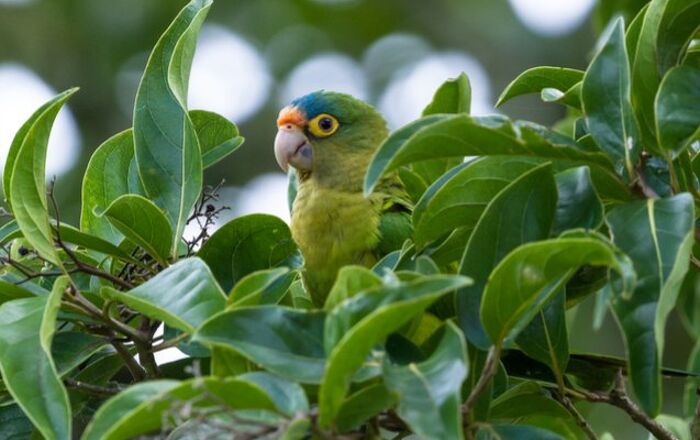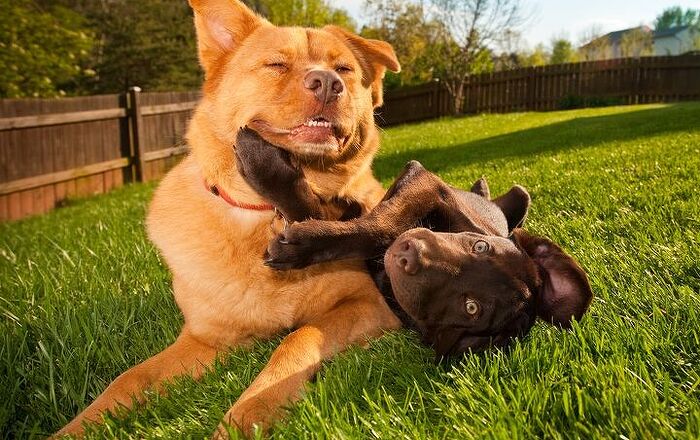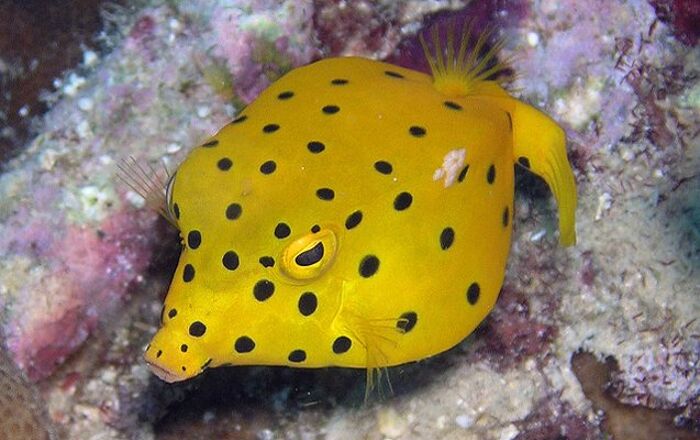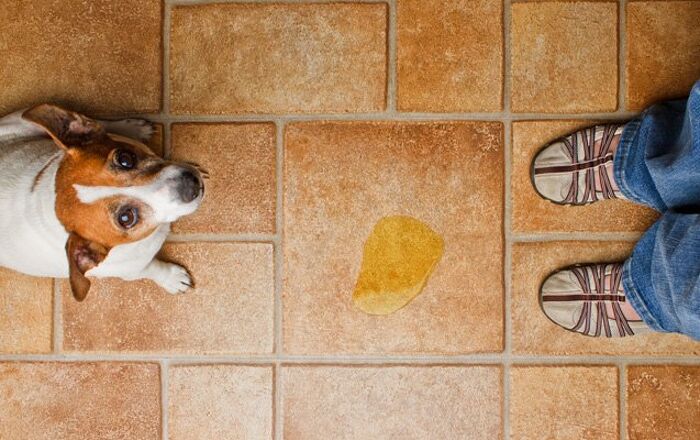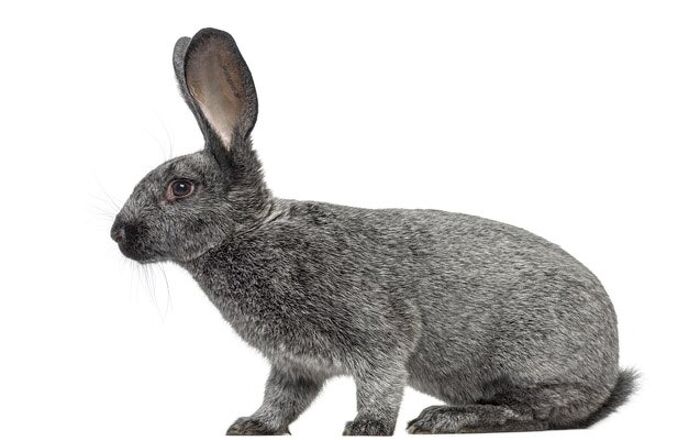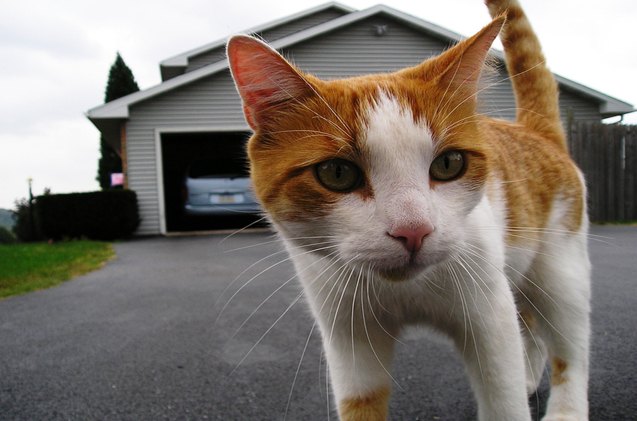
Is that a zit on your cat’s face?! As unbelievable as it sounds, there is such a thing as Feline Acne.
Cats can develop acne, but if it does occur on your kitty, it will most likely be found on the lower lip and chin.
If your pet has feline acne, it could be a one-time thing, as some kitties may experience single episodes that end up resolving and not returning. However, there are other kitties who might have acne as a recurring condition for the duration of their lives.
Every cat is different, so one kitty who has feline acne may have frequent flare-ups, while another may have less frequent flare-ups. Also, one cat’s flare-up may be more serious than another cat’s condition.
Related:What Is Feline Whisker Fatigue?
Having an understanding of feline acne will help you recognize it and work with your veterinarian to provide your pet with the appropriate treatment.
What Causes Feline Acne?
Hair follicles throughout your cat’s lower lip and chin could get clogged with sebum, and this may lead to acne on your kitty’s face. But in addition to clogged hair follicles, cats with acne might have a secondary bacterial infection as well.
Although the exact cause of cat acne isn’t clear, there are a few factors that can lead to its development. For example, it might be the result of poor grooming habits or a suppressed immune system. Abnormalities in oil production or problems within the skin surface, such as hair follicles that don’t function properly, can also be factors. If your cat excessively grooms himself, to the point that his chin is rubbing on his fur repeatedly, this might also lead to acne. Other causes include contact and atopic dermatitis, as well as stress.
Gender, breed, and age aren’t considered factors in whether or not your cat will get acne at any point in his life.
Related:Understanding IBD in Cats
What Does Feline Acne Look Like?
Feline acne could result in whiteheads or blackheads, watery crusts, a swollen chin, and minor red pimples. Severe cases, however, could result in bleeding crusts, hair loss, pustules, nodules, and redness. There could also be itchiness or pain in severe cases.
If you notice these symptoms, your vet may be able to diagnose the problem simply through a physical exam, though s/he might also perform a skin scraping or biopsy to rule out other conditions. Also, if your vet suspects that there is a secondary bacterial infection affecting your pet, a culture and sensitivity test might also be used.
Treatment for Feline Acne
If your cat is diagnosed with feline acne, the treatment will depend upon the cause and severity of the problem. Antiseptic cleansers, topical shampoos, and antibiotics may be recommended by your vet in order to thoroughly clean the infected area and clear up the acne.
If your cat has a recurring acne problem, your vet might prescribe a long-term treatment plan. And if there is a secondary bacterial infection or a high amount of inflammation present, your vet will prescribe the appropriate medications.
Talk to your vet about the cat bowls that you’re using, too, as certain materials could lead to allergic reactions, and a shallow dish rather than a deeper bowl might be helpful.
Finally, if your kitty has acne as a result of poor grooming habits, or if your cat is prone to developing acne, you can help by cleaning his chin regularly. You can also start a cleansing program for extending the time between relapses if your cat suffers from acne a lot.
Now that you know a bit about feline acne, you can keep an eye out for the signs that your kitty may be dealing with this condition. Because there are a variety of different possible causes for this skin problem, talk to your vet to figure out exactly what you should do to keep your cat’s skin healthy.
